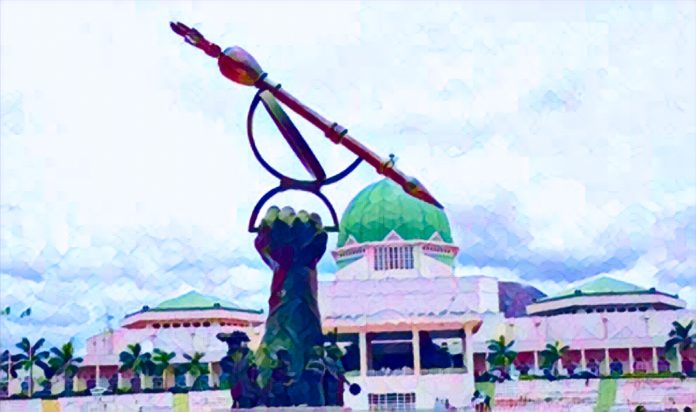KEY POINTS
- The National Assembly assured Nigerians of thorough deliberation on proposed tax reform bills.
- Experts emphasized the need for equity, cautioning against new tax burdens on citizens.
- MAN praised the reforms for potentially reducing taxes and increasing accountability.
Nigerians have been assured by the National Assembly that the proposed tax reform bills will be thoroughly unpacked to ensure that they are in sync with what is in the best interest of the public.
The assurance comes on the back of mixed reactions from stakeholders and economic experts who raised concerns over the bills’ consequences on the economy and people of Nigeria.
Deputy Speaker of the House of Representatives, Rt. Hon. Benjamin Okezie Kalu, said the governors concentrated on constitutional and local government reforms while the issue of tax remains the concern of the National Assembly.
The bills are before parliament and we will follow the wishes and desires of the people we represent, we informed the governors,” Kalu said.
Tax reform bills at a glance
On Thursday, President Bola Ahmed Tinubu transmitted four tax reform bills to the National Assembly on recommendations of the Presidential Committee on Fiscal and Tax Reforms led by Taiwo Oyedele.
The bills include:
– Nigeria Tax Bill 2024: Defines a framework for taxation.
– Tax Administration Bill: It provides a very clear legal framework in respect of tax administration and dispute resolution.
– Nigeria Revenue Service Establishment Bill: Create a new tax authority to replace Federal Inland Revenue Service Act.
– Joint Revenue Board Establishment Bill: Introduces a tax tribunal and ombudsman.
MAN is optimistic about tax reforms.
The Manufacturers Association of Nigeria (MAN) poured cold water on the news, however, hoping that the reforms can be transformative if carried out properly.
These were the reduction of over 60 taxes to fewer than 10, as well as initiation of a tax ombudsman, all major wins, according to MAN’s director general, Segun Ajayi Kadir.
“These reforms are fair and they are just,” he said, adding that those who are poor will pay little to no taxes.
But Ajayi Kadir cautioned that full implementation would take political courage, as the reforms would potentially affect a lot of the wealthy.
Experts express economic concerns
Dr. Muda Yusuf, chief executive officer of the Center for the Promotion of Private Enterprise (CPPE), commended the harmonization of the tax system but expressed concerns over politically sensitive provisions such as the derivation based VAT revenue model.’
Derivation based model could give rise to regional disparities which would engender state tension, he warned.
Meanwhile, Dr. Yusuf said introducing a new tax in this situation would make the current problems worse rather than better, and called for strengthening efforts to improve tax collection efficiency.
The system of capitalist driven policies
Michael Ale, the founder of the Global Initiative for Nigeria Development, who is also a development expert, said that the reforms were overly capitalist, and that they would likely further worsen poverty and inequality in the economy.
But tax reforms have made the poorer poorer and the richer richer. ‘We need to solve social and environmental problems along with revenue generation in order to have sustainable development,’ Ale said.
He proposed a progressive tax system according to financial capacity whose burden sharing was fair.
Defending derivation-based VAT distribution
Engr. Akin Olaniyan, President of the Center for Marine Survey in Nigeria, and Public Affairs Analyst Clifford Egbomeade, however, justified derivation based VAT as promoting fiscal federalism, and creating an economic development incentive at state levels.
The good thing about this approach is that it makes sure that states making revenue are fairly rewarded, and states encouraged to be self sufficient and raise their economic status within their region,” Egbomeade explained.
When referring to the Niger Delta’s battles for fair distribution of resources, the model seemed similar, resonating with the concept of fairness, Olaniyan said.
Stakeholders have continued urging the National Assembly to adopt an inclusive approach in the ongoing deliberations of the tax reform bills to balance economic growth, and social welfare.
Nigeria’s tax system holds huge potential for reform, but reform must be carefully done to prevent potential unintended consequences.



